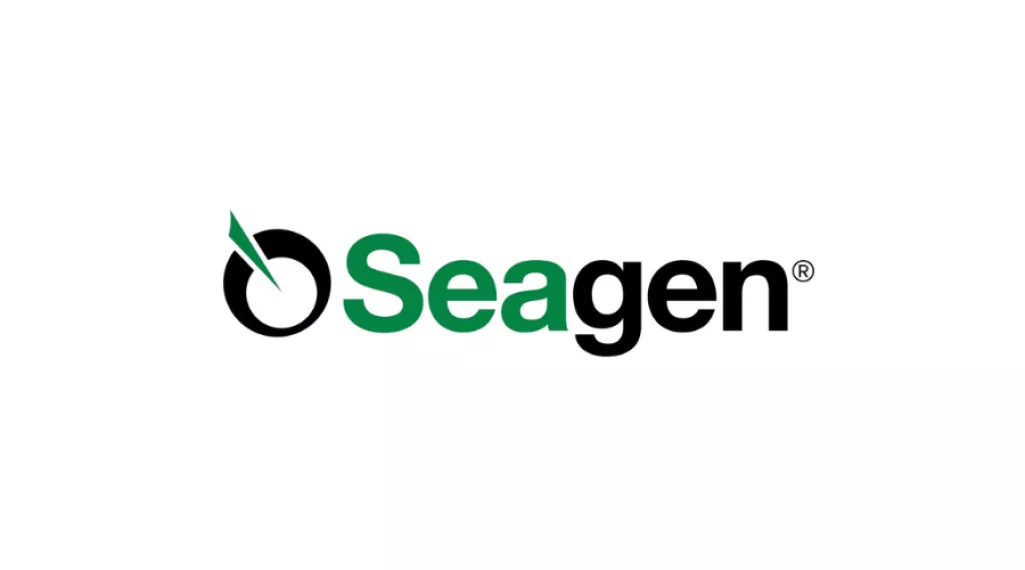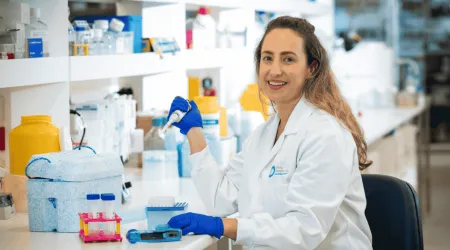
First FDA-approved treatment for HER2-positive colorectal cancer

On January 19, the U.S. Food and Drug Administration (FDA) granted a rare accelerated approval of a new therapy for RAS Wild-Type, HER2-positive metastatic colorectal cancer patients. This chemotherapy-free combination treatment includes the oral drug TUKSYA (tucatinib) in combination with Trastuzumab and is approved based on data from Seagen’s MOUNTAINEER clinical trial.
RAS wild-type, HER2-positive metastatic colorectal cancer is a type of colorectal cancer that has a specific genetic mutation. The HER2 gene — which plays a role in cell growth and survival — is overexpressed or amplified. In contrast, the RAS gene is in its normal, or "wild-type," state.
“Historically, patients with HER2-positive metastatic colorectal cancer who have progressed following frontline therapy have had poor outcomes,” said John Strickler, M.D. and lead investigator of the MOUNTAINEER trial. “The FDA approval of a chemotherapy-free combination regimen that specifically targets HER2 is great news for these patients.”
The MOUNTAINEER trial included the treatment of 84 patients with HER2-positive, RAS wild-type, metastatic colorectal cancer. Participants were prescribed 300 mg of TUKSYA two times daily in combination with an initial dose of 8 mg of Trastuzumab, followed by 6 mg every three weeks thereafter. The results of an unbiased, blinded, independent central review included a 38% overall response rate with a median duration of response (DOR) of 12.4 months.
“The accelerated approval of TUKYSA for RAS wild-type, HER2-positive metastatic colorectal cancer expands TUKYSA-based therapy to patients across two distinct types of cancer,” said Marjorie Green, M.D., and Senior Vice President and Head of Late-Stage Development at Seagen. “We believe the efficacy and safety profile of the TUKYSA and trastuzumab-based regimen further establishes its role as an important backbone of dual HER2 inhibition in the treatment of adult patients with certain HER2-expressing breast and colorectal cancers.”
“Biomarker testing is bringing new hope to people living with some types of colorectal cancer by opening the door to targeted treatments like TUKYSA for those who have RAS wild-type, HER2-positive disease,” said Michael Sapienza, CEO of the Colorectal Cancer Alliance. “An accelerated approval like this is not something that comes every day. It is critical that physicians and patients understand the importance of comprehensive biomarker testing at diagnosis because it can inform treatment decisions and help improve outcomes.”
For more information on the newly FDA-approved treatment of TUKSYA combined with Trastuzumab, speak with your healthcare provider or contact Seagen. To learn more about the MOUNTAINEER trial and the new FDA-approved treatment for RAS Wild-Type HER2-positive metastatic colorectal cancer patients, view Seagen’s full press release.
Top resources

Where breakthroughs begin: Project Cure CRC spotlight on Dr. Lisa Mielke
hrough Project Cure CRC, the Alliance is fueling bold, early-stage research with the potential to transform colorectal cancer treatment. Dr. Lisa Mielke’s groundbreaking work explores how the gut’s immune system and nerve signaling influence cancer growth—opening the door to new therapeutic approaches, including repurposed existing drugs. This is what’s possible when promising ideas get the support they need to move forward.

Bringing biomarker testing within reach: CLEAR for CRC to empower patients from day one
Biomarker testing can guide colorectal cancer treatment and improve outcomes. Learn how CLEAR for CRC is helping patients access this critical tool.

John E.: Biomarker testing uncovered a pivotal treatment option
After a grim prognosis, biomarker testing revealed a targeted treatment option for John E. Learn how knowing your biomarkers can change what’s possible.





